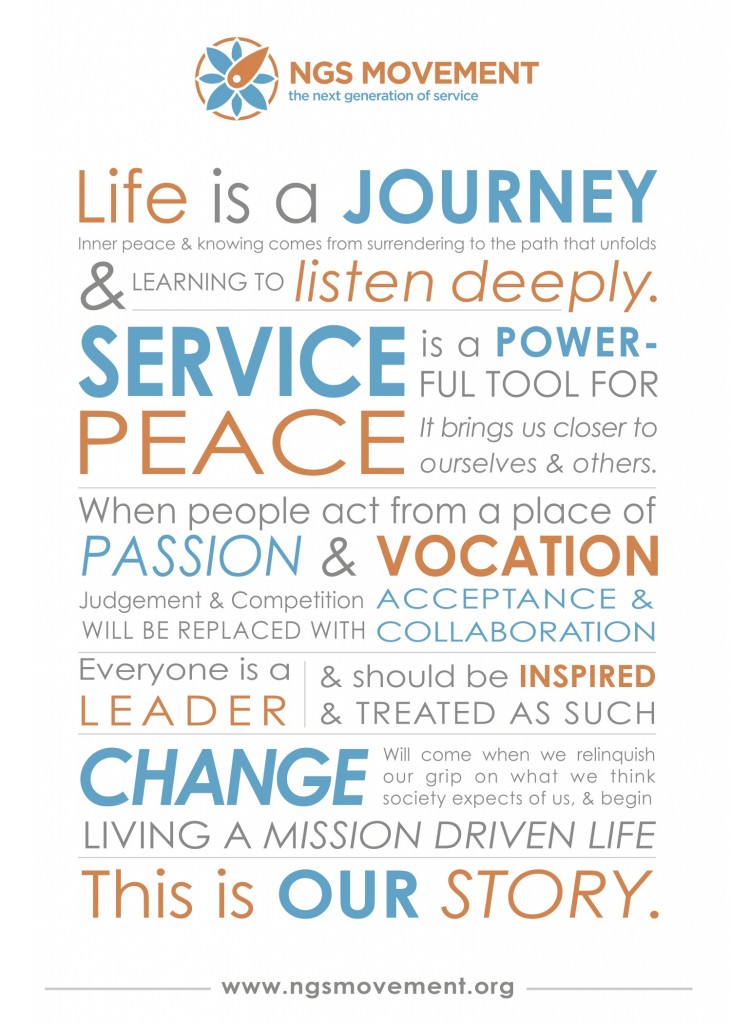Service > Grad School
I recently had dinner with a dear friend of mine and like many twentysomethings, she has been struggling to get out of the dead-end job rut. As she told me she wanted to attend grad school for administration, I gawked, “do you even like administration?” Her answer was a lack-luster, “well it is something.” I am all for expanding horizons and skill sets but at a cost of $70,000- that education better be worth more then “something.”
I asked her if she had considered participating in a year of service, and her response (typical of most young people I talk to) was “I need to make money to pay off student loan debt.”
This is a valid response, but it highlights the misconception that a year-long service commitment is equivalent to stuffing envelopes at the local church or serving soup at a soup kitchen (while still powerful acts of service, they are often temporary and less of a career-boosting experience than a year-long volunteer post).
While they do not pay well, long-term service opportunities often defer your student loan debt (AmeriCorps, PeaceCorps and Teach For America all do). These programs provide positions where the volunteer has an opportunity to be a leader without needing past experience to do so. In these roles, volunteers are empowered to take initiative, and in most cases they are given responsibilities similar to paid staff. Being a staff member within a non-profit organization requires wearing multiple hats, and can include everything from coordinating volunteer teams to managing a website, to training program directors- all of this being accomplished by one person! Consider this scenario: You are a mid-twenty something trying to discover your life calling. You are unsure of what to do with your current skill sets, and you have the desire to learn more- Why would you pay thousands of dollars to acquire “mastery” in a specific field if you are not sure that is the field that makes you come alive? Long-term service opportunities may not pay off monetarily, yet its value in experience is far greater, and will not put you in debt like years of grad school would. In fact, check out this initiative from the Brandeis University, offering a minimum of $10,000 in scholarship to Americorps Alumni!
Once my friend reoriented to service learning not as a high school graduation requirement, but instead as an actual means to discover her purpose, while building skills- she was then able to look at a year of service parallel to how she was looking at grad school-as an investment.
Written by Anna Lenhart, Edited by Nicole Ryan





